CoQ10: A Powerful Supplement With Numerous Health Benefits
What is Coenzyme-Q10? | Forms | Natural Dietary Sources | Health Benefits | Supplements | Ubiquinol from Kaneka | Dosage | Side Effects | Take-Away
CoQ10, also referred to as Coenzyme-Q10, is a vital fat-soluble antioxidant vitamin that plays a crucial role in generating energy within the cells. The human body can synthesize CoQ10 from tyrosine, but as one ages, its production declines.
Therefore, one can obtain CoQ10 from dietary sources or take it as a supplement. Recent research highlights that CoQ10 is a potent antioxidant and is safe to use in supplement form for managing several diseases.
CoQ10 has demonstrated numerous health benefits, such as enhancing heart health, preventing migraines, reducing insulin resistance, addressing metabolic syndrome and mitochondrial dysfunction, among others. This article aims to discuss the uses, health benefits, side effects, dosage, and essential factors to consider when selecting a CoQ10 supplement.
What is Coenzyme-Q10?
Coenzyme-Q, a crucial fat-soluble vitamin-like nutrient, is synthesized in the body and primarily stored in the mitochondria of our cells. Mitochondria, as the powerhouse of the cell, produce energy, safeguard the cell from oxidative stress, pathogenic bacteria, and viruses.
Coenzyme-Q10 is naturally present in every cell of our body, and it's also found in several food items. Its potent antioxidant properties protect our cells from toxic free radicals and prevent age-related cellular damage. As we grow older, our body's ability to produce CoQ10 declines, leading to a deficiency of this essential nutrient among the elderly.
Coenzyme-Q10 is an essential component in the transfer of electrons from chemical bonds in food molecules to ATP molecules, which is necessary for the production of ATP, the primary energy source for our body.
Forms Of CoQ-10
CoQ-10 comes in two different forms:
1. Ubiquinone (CoQ-10): is an active antioxidant form
2. Ubiquinol (CoQ-H): is the oxidized form and CoQ-H is primarily associated with facilitating the metabolic chemical reactions that generate energy in our body, making it a beneficial anti-aging nutrient.
Natural Dietary Sources Of CoQ-10
The quantities of CoQ10 present in meals are substantially smaller than those found in supplements. CoQ10 can be found in a variety of foods, including vegetarian and non-vegetarian sources:

Vegetarian Sources:
- Fruits- Oranges, Strawberries, Avocado, Apples and Grapes
- Vegetables- Spinach, Broccoli, Cauliflower and Parsley
- Legumes- Lentils, Soybeans and Peanuts
- Oils- Soybean Oil, Extra Virgin Olive Oil and Canola Oil
- Tea- Arjun Bark Tea
- Nuts and Seeds- Peanuts. Pistachios, Walnut and Sesame seeds
Non-Vegetarian Sources
- Cold-water fish- tuna, salmon, mackerel, and sardines
-
Muscle Meats- Chicken and Pork
-
Meat Organ- Liver, Heart and Kidney
According to estimates, an individual's regular diet provides approximately 25% of their total CoQ10 intake.
What Are The Health Benefits Of CoQ-10
Coenzyme-Q10 plays several essential roles in our body, with its primary function being aiding in the production of energy in our cells. Extensive research suggests that CoQ10 is associated with numerous health benefits, including:
1. Good For The Heart Heath
Coenzyme Q10 (CoQ10) is good for your heart. It helps keep your cholesterol levels normal, and supports your heart muscles and blood vessels. Your heart needs a lot of energy to work properly, and CoQ10 provides a major source of that energy. If you don't have enough CoQ10, it can damage your heart and make it easier for harmful substances to attack your heart. But, taking CoQ10 supplements can help prevent these problems and keep your heart healthy.
2. Enhances Physical / Exercise Performance
During exercise, muscles can become damaged from oxidative stress, which affects their ability to function properly and may reduce exercise performance. Similarly, when the energy powerhouses in our cells, called mitochondria, don't work well, our muscles may struggle to maintain the energy needed for exercise.
Coenzyme Q10 (CoQ10) can help improve exercise performance by reducing the damage caused by oxidative stress in cells and improving mitochondrial function in muscles. This can increase power and endurance during exercise and reduce fatigue, leading to better overall exercise performance.
3. CoQ-10 May Help With Diabetes
Oxidative stress, which causes damage to cells, can lead to metabolic diseases such as diabetes. However, Coenzyme Q10 (CoQ10) has been found to have a positive impact on diabetes. It can help improve insulin sensitivity and regulate blood sugar levels.
Additionally, people with diabetes typically have lower levels of CoQ10 in their blood, but taking CoQ10 supplements can increase the concentration of this compound in the blood by up to three times. This can be particularly beneficial in managing diabetes and its associated complications.
4. Promotes Smooth And Young Skin
Our skin can be damaged by both internal factors, such as hormonal imbalances and cellular damage, and external factors, like pollution and UV rays. However, Coenzyme Q10 (CoQ10) can be a helpful tool in protecting and improving the health of our skin.
By applying CoQ10 directly to the skin, it can help reduce skin cell damage caused by hazardous elements and protect against antioxidants. This can result in smoother and more flawless skin, helping to maintain a healthy and youthful appearance.

5. Help Reduce Headaches And Migraine
Coenzyme Q10 (CoQ10) supplements have been shown to be effective in preventing and treating migraines. This is due to the fact that CoQ10 can enhance the function of the mitochondria, which helps to reduce inflammation. As a result, supplementing with CoQ10 can be an effective approach to managing migraines and headaches.
6. Boost Energy Level And Stamina
Coenzyme Q10 (CoQ10) plays a crucial role in the production of ATP, which is the primary source of energy for our cells. When our CoQ10 levels are low, it can directly impact our energy levels and reduce our stamina. This is because CoQ10 is essential for our cells to produce the energy needed for our bodies to function properly.
Therefore, it is important to maintain adequate levels of CoQ10 to support our energy levels and overall physical performance.
7. CoQ-10 May Help With Fertility
As women age, the number and quality of available eggs decline, leading to a decrease in female fertility. Coenzyme Q10 (CoQ10) is an essential compound that plays a direct role in this process. With age, the production of CoQ10 slows down, which makes the body less effective at protecting the eggs from oxidative damage. However, CoQ10 may be able to reverse this age-related decline in egg quality and quantity.
Similarly, male sperm is also susceptible to oxidative damage, which can result in reduced sperm count, poor sperm quality, and infertility. Research has shown that supplementing with CoQ10 may improve sperm quality, activity, and concentration by increasing antioxidant protection. Therefore, CoQ10 may be a promising natural remedy to support both male and female fertility.
8. Parkinson's Disease
Parkinson's disease is a chronic disorder that can affect people of all ages, although it primarily affects middle-aged and older adults. With aging, the production of Coenzyme Q10 (CoQ10) decreases, which can lead to a reduction in cellular energy.
Recent studies have revealed an exciting new role for CoQ10 in treating Parkinson's disease. CoQ10 has been found to have a positive impact on reversing mitochondrial dysfunction, which is associated with Parkinson's. In addition, CoQ10 acts as a powerful antioxidant, which can help protect against the damage caused by free radicals in the brain. As a result, CoQ10 is emerging as a promising therapy for the treatment of Parkinson's disease.
9. CoQ-10 Help Protect The Lungs
Coenzyme Q10 (CoQ10) has been found to be effective in reducing oxidative damage and inflammation in the lungs, which can contribute to the development of various lung diseases. By reducing oxidative stress and inflammation, CoQ10 helps to protect lung cells from damage, and can therefore be beneficial in preventing and treating lung diseases.
What are the Most Effective Coenzyme Q10 Supplements?
There are hundreds of CoQ10 supplements in the market, making it challenging to know which one to take. Until recently, CoQ10 was only available as ubiquinone, which was transformed into ubiquinol, the active form, by the body.
The transformation requires numerous enzymes and nutrients before ubiquinol can be used by the body for its many benefits.
If you're under the age of 25, this procedure is quite simple because your body can normally manufacture enough enzymes to complete the conversion.
However, by the time you reach your 40s, your CoQ10 levels are at half the required value for a variety of reasons, including,
- The aging process that causes a reduction in conversion
- A poor or inadequate diet
- Deficiencies in nutrients that stymie the conversion process
- Illness and sickness that could have negative consequences
Why Ubiquinol from Kaneka?
Kaneka Ubiquinol is a lipid-soluble antioxidant that is one of the most potently accessible ingredients. Kaneka Ubiquinol protects the body's cells, including lipids, proteins, and DNA, from oxidative damage. It is also necessary for the generation of cellular ATP (energy).
Kaneka Ubiquinol is made from Kaneka Q10, the world's only all-natural yeast-fermented and bioidentical CoQ10. Because Kaneka Ubiquinol is more absorbable than traditional CoQ10, appropriate CoQ10 levels can be restored quickly and effectively, especially in people over 40 or those suffering from age-related diseases.
Therefore, we usually advise individuals over 40 to take an Origins Nutra ubiquinol supplement from Kaneka QH™, Japan. It is researched and clinically patented, with multiple health benefits.
Dosage Of Kaneka QH™
A lower dosage, 50 mg, is advised for general protection, while a higher level is recommended for further protection for the cardiovascular system. Statin medications, which function by reducing the amount of cholesterol produced by the liver, are increasingly given for lowering cholesterol. Unfortunately, they also lower CoQ10 production, raising the risk of additional disorders.
CoQ10-rich foods like sardines and peanuts will not supply adequate levels of this vitamin in the diet. The only way to increase levels of this vitamin is through supplementation.
Since ubiquinol from Kaneka is eight times more readily available than standard CoQ10 pills, and it contains no chemicals, it is strongly recommended that you take Origins Nutra ubiquinol supplements. In this form, the enzyme can enter our cells and perform a variety of defensive functions.
What Can Be The Side Effects Of CoQ10 Supplements?
Due to its fat-soluble nature, it is advisable to consume CoQ10 supplements along with food or in combination with oils, as this can enhance its absorption. Fortunately, CoQ10 is generally well-tolerated by most individuals and has a low toxicity profile.
Coenzyme Q10 appears to have few and minor side effects, include abdominal discomfort, diarrhoea, nausea, and heartburn are among them.
It is recommended to divide the daily dose into two to three smaller doses to minimize any discomfort. Overall, CoQ10 is considered to be a safe and effective natural supplement that can be easily incorporated into a daily health routine.
Take-Away
CoQ10 is a fat-soluble, vitamin-like substance with many health benefits that make it a valuable addition to one's wellness routine. Notably, CoQ10 plays a crucial role in the production of cellular energy and acts as an antioxidant, contributing to the preservation of healthy cells and the prevention and management of chronic diseases.
One of the most significant advantages of CoQ10 is its positive impact on heart health and blood sugar regulation. It may also help combat the oxidative damage that leads to muscle fatigue, skin damage, and respiratory conditions. In addition, CoQ10 shows promise in enhancing sperm quality and reducing the deterioration of eggs in women.
You can obtain CoQ10 in supplement form, which is generally well-tolerated, or through certain foods such as animal organs, vegetables, and legumes. As the body's production of CoQ10 diminishes with age, people of all ages can benefit from incorporating this valuable compound into their diets.
Disclaimer: We advise the readers to talk to your medical practitioner first, before starting any supplement.
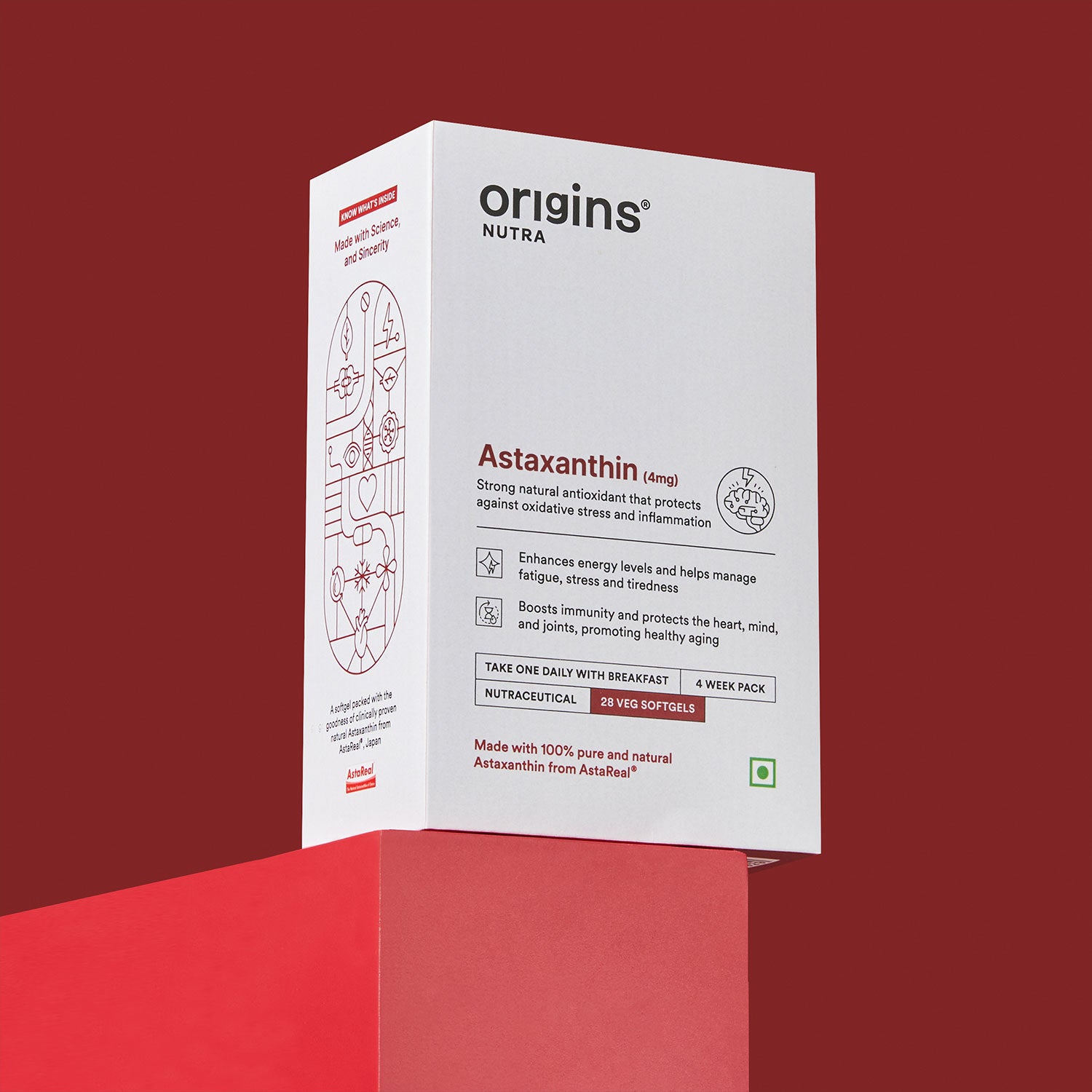
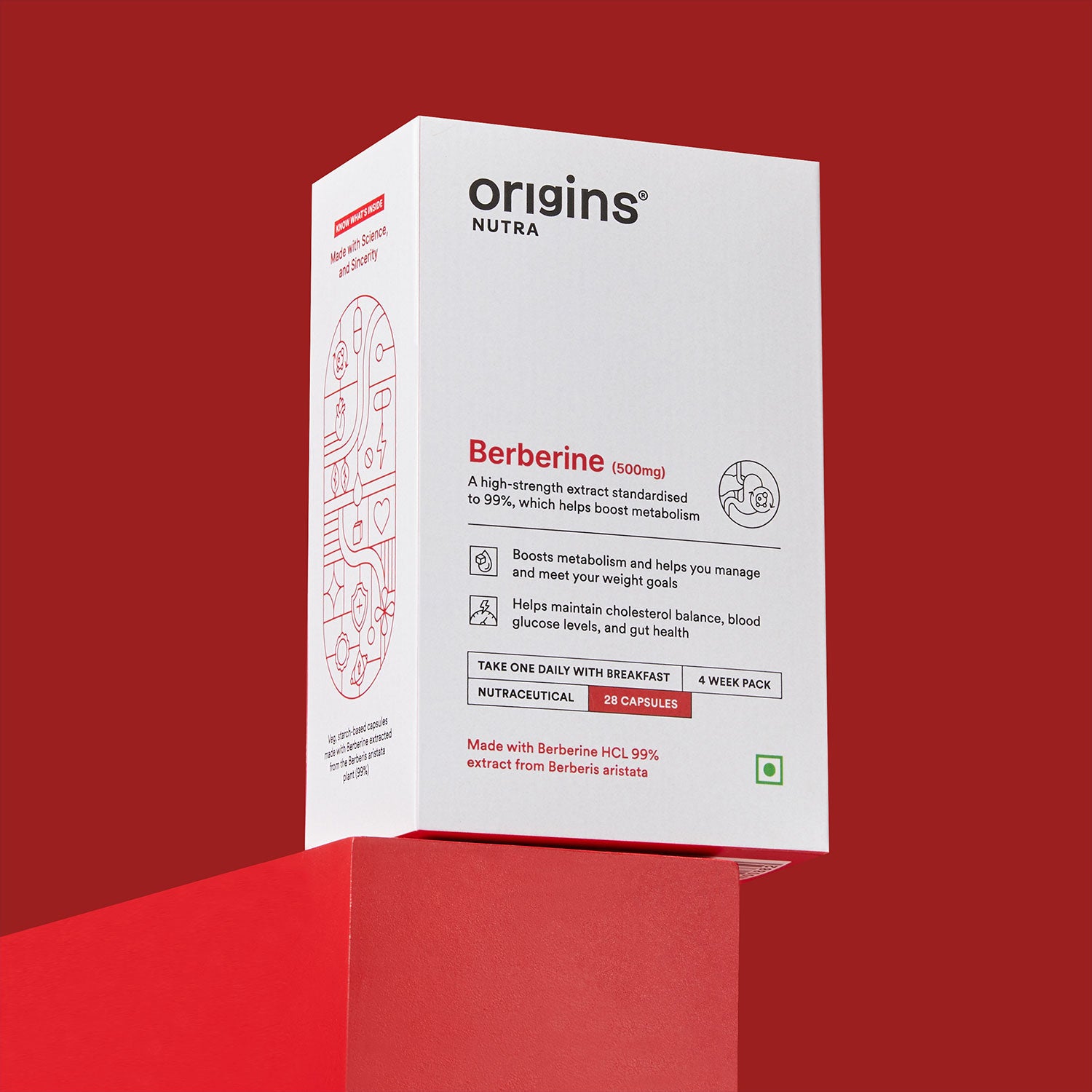
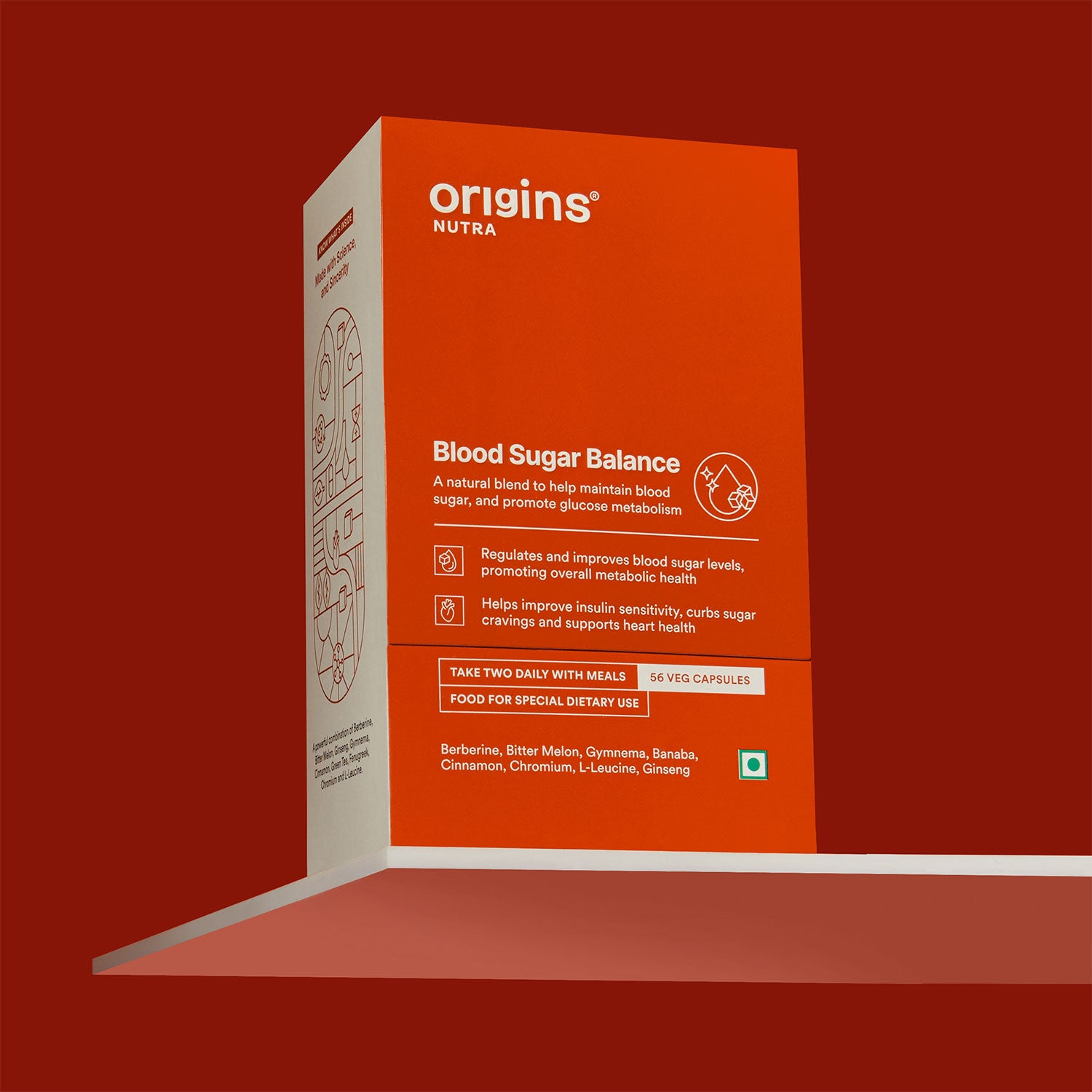
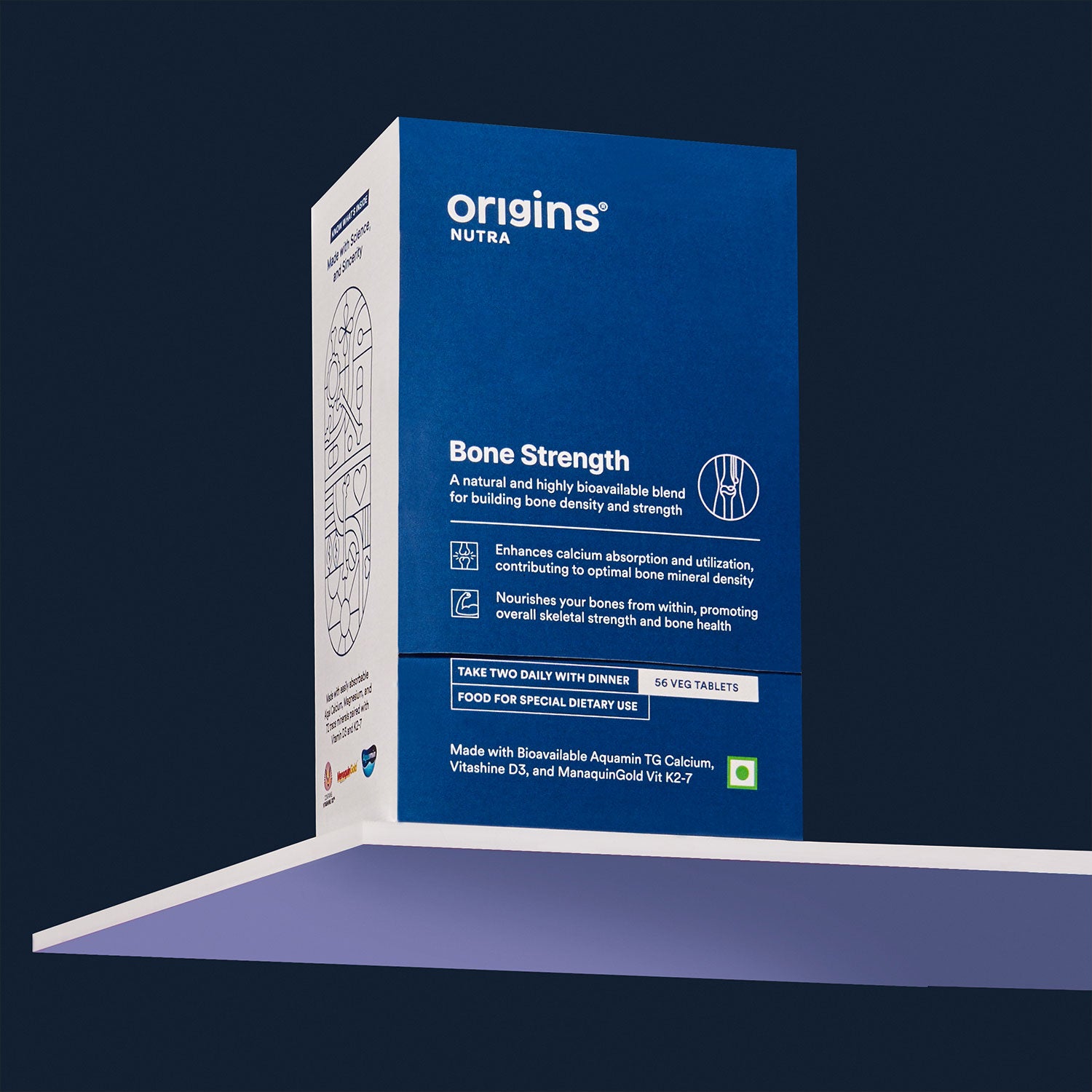
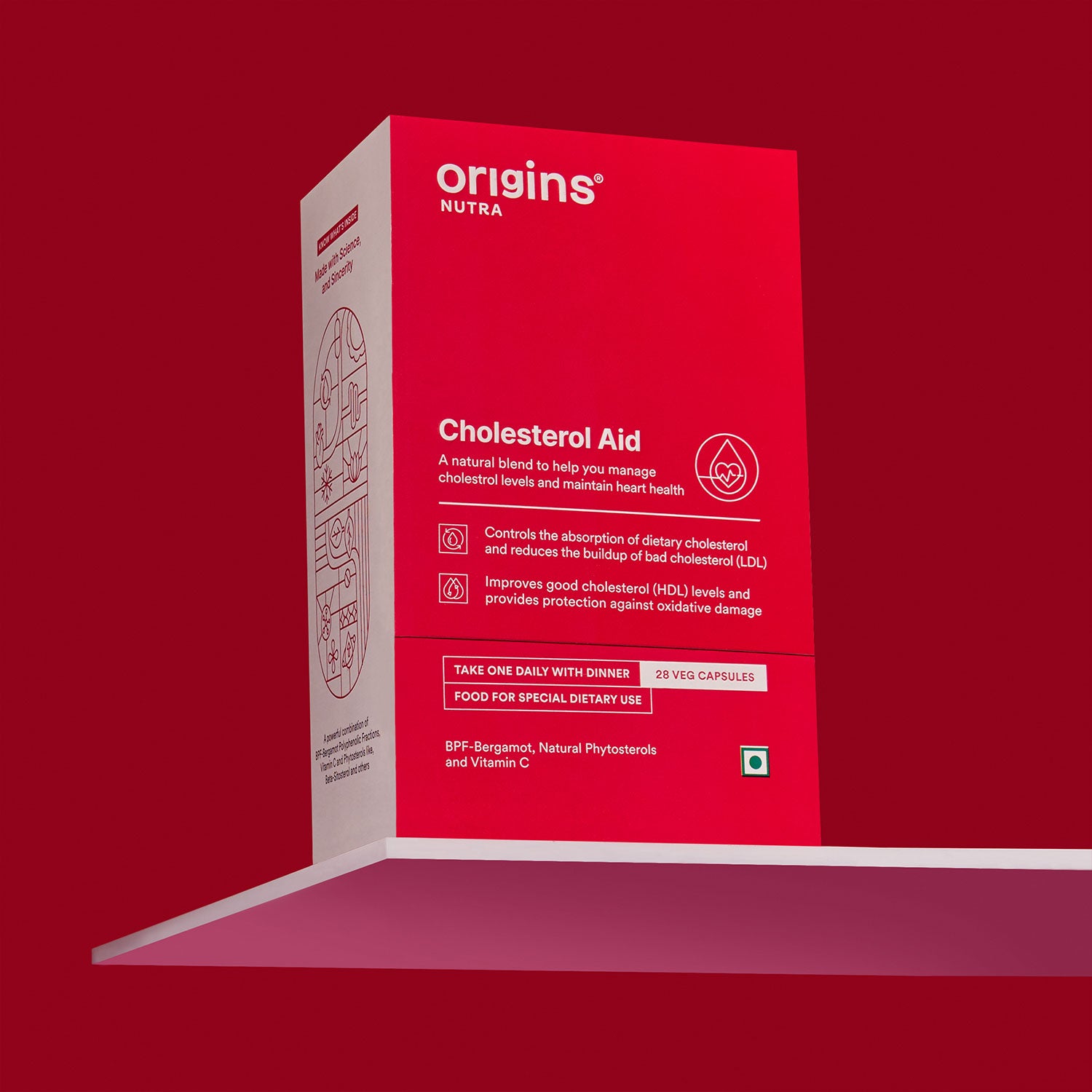
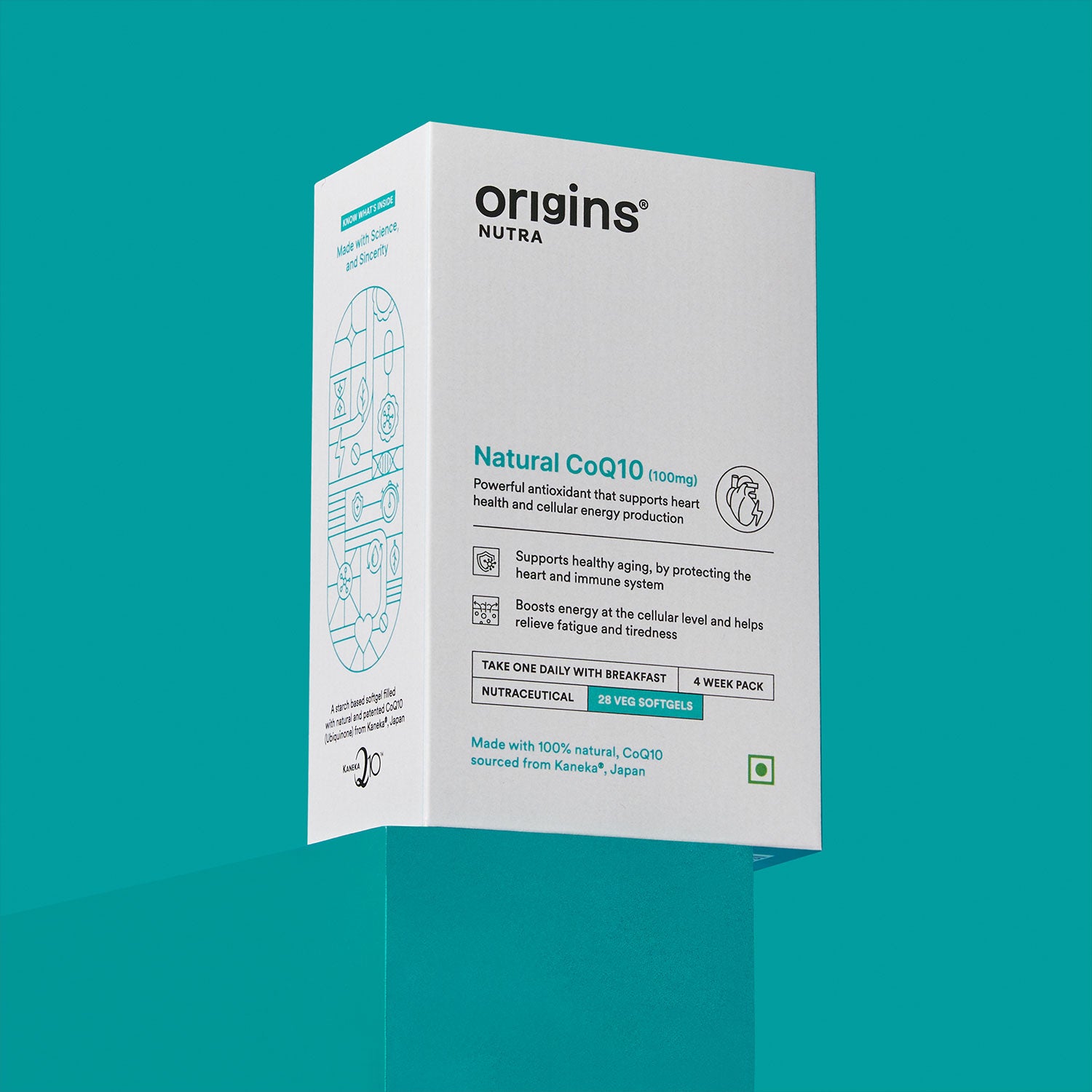
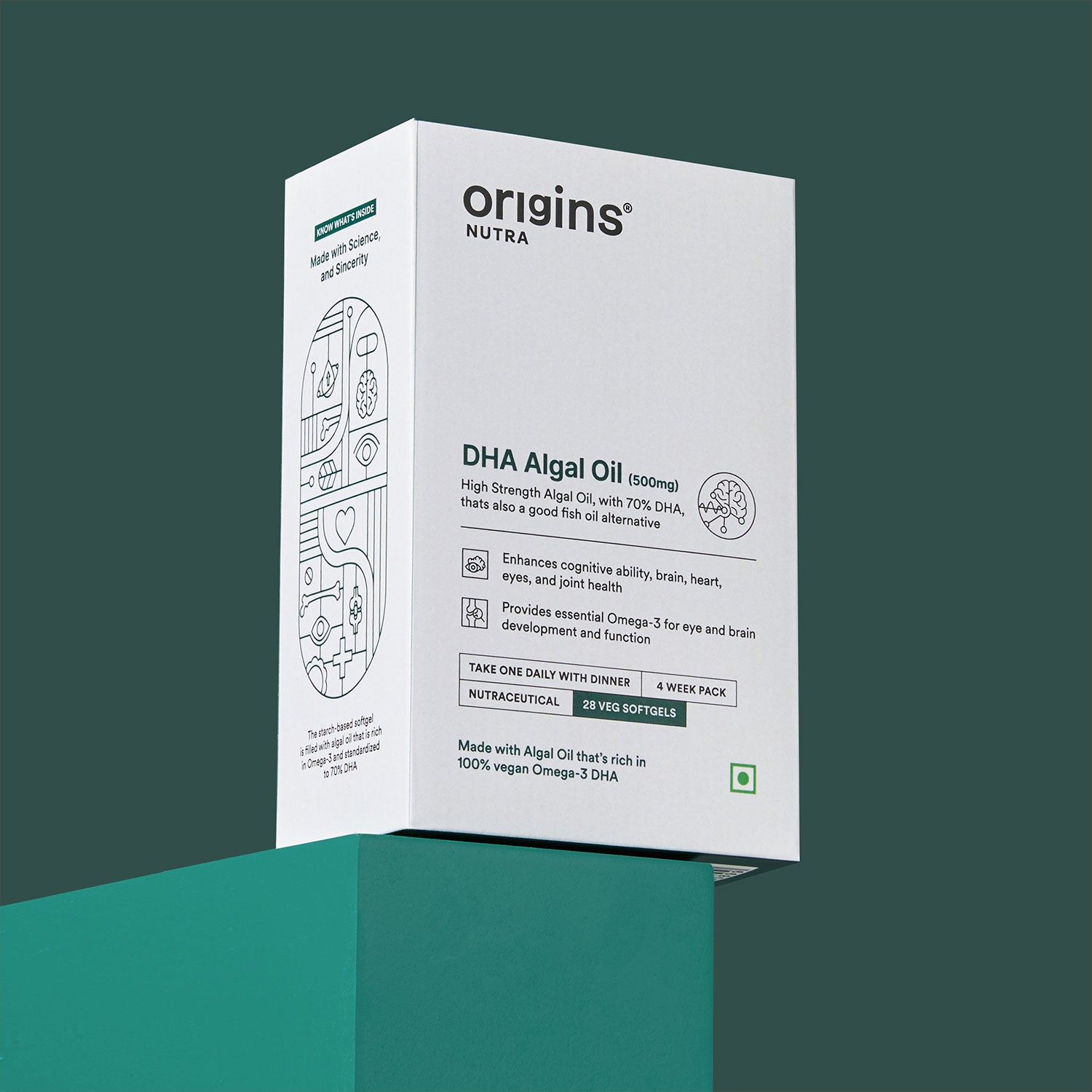
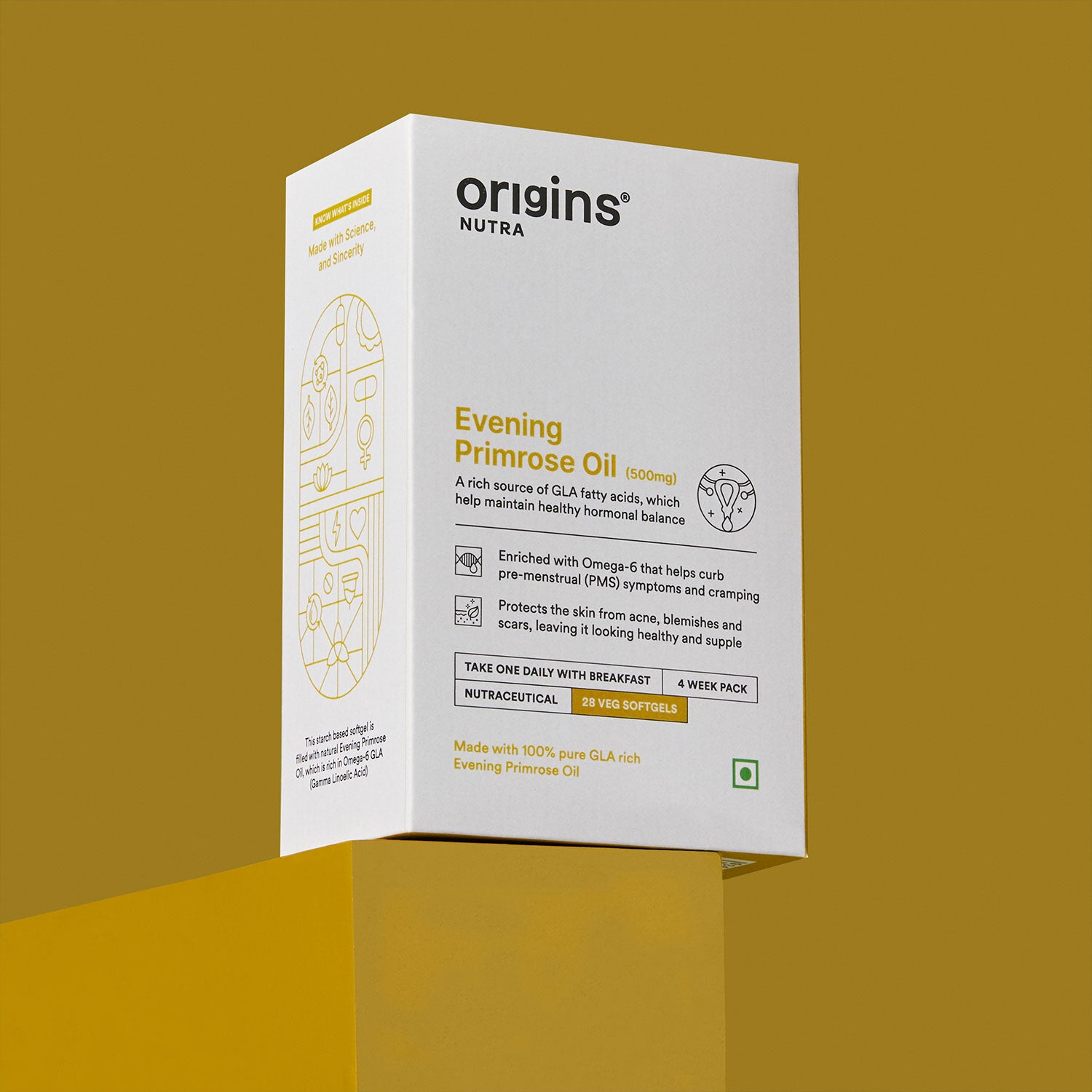
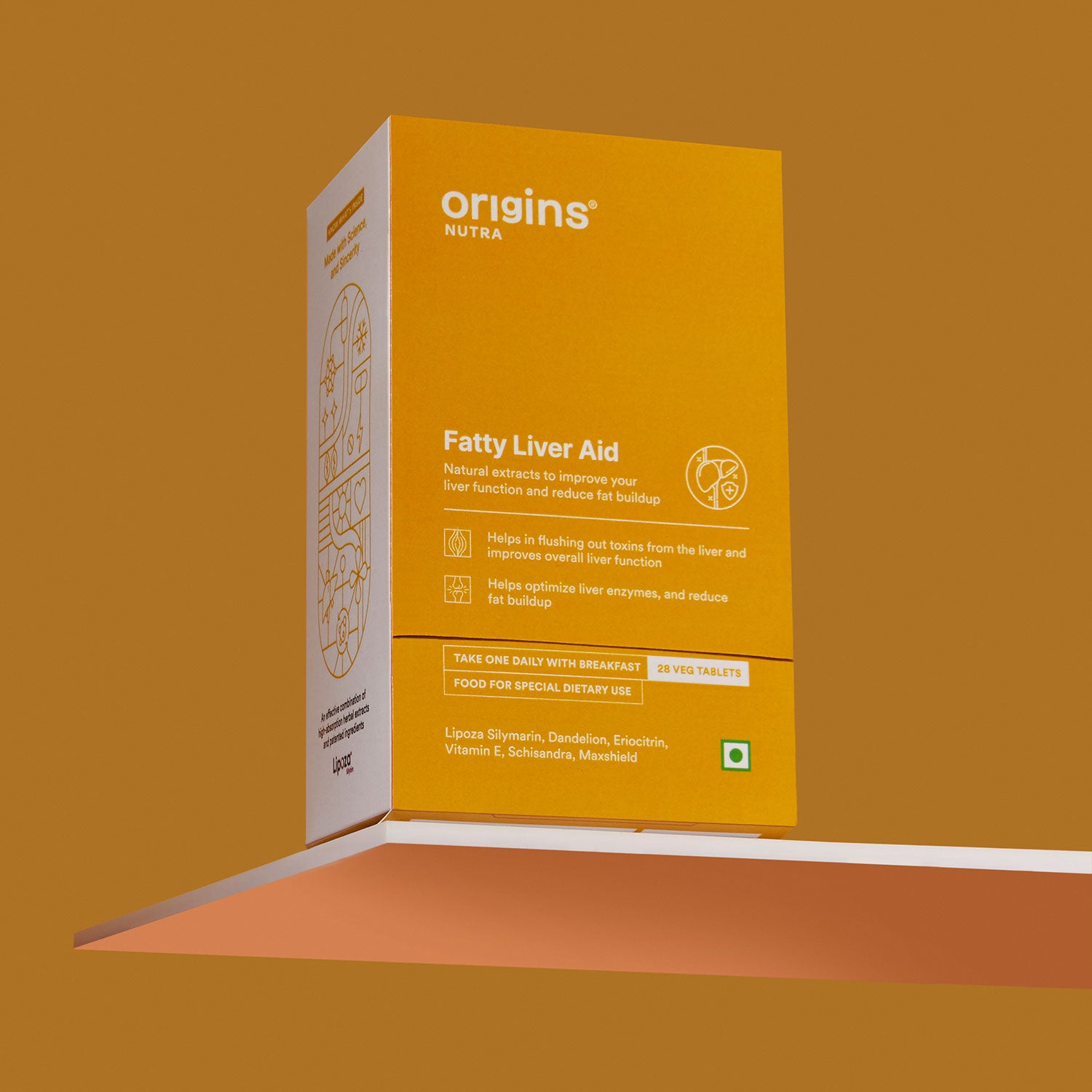
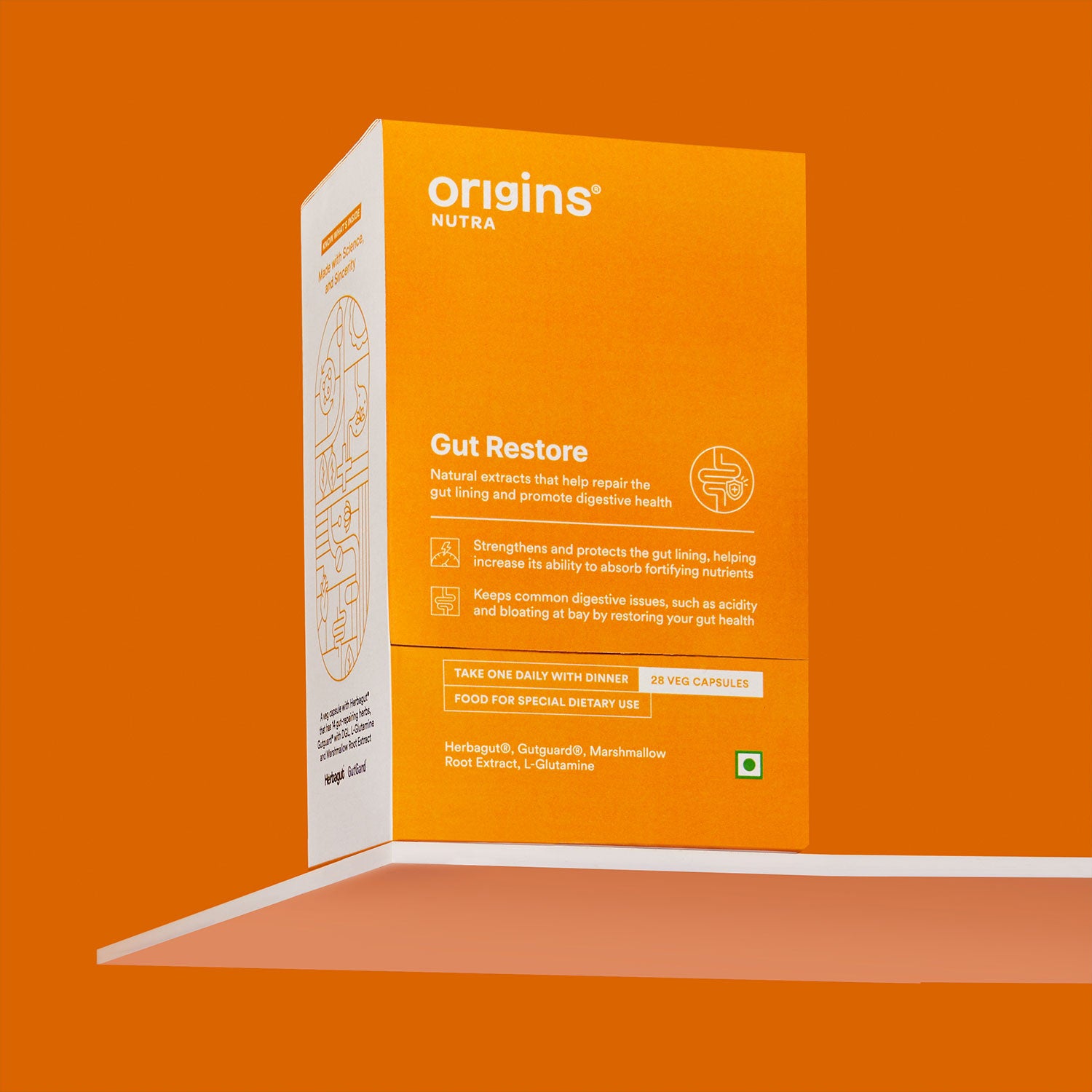
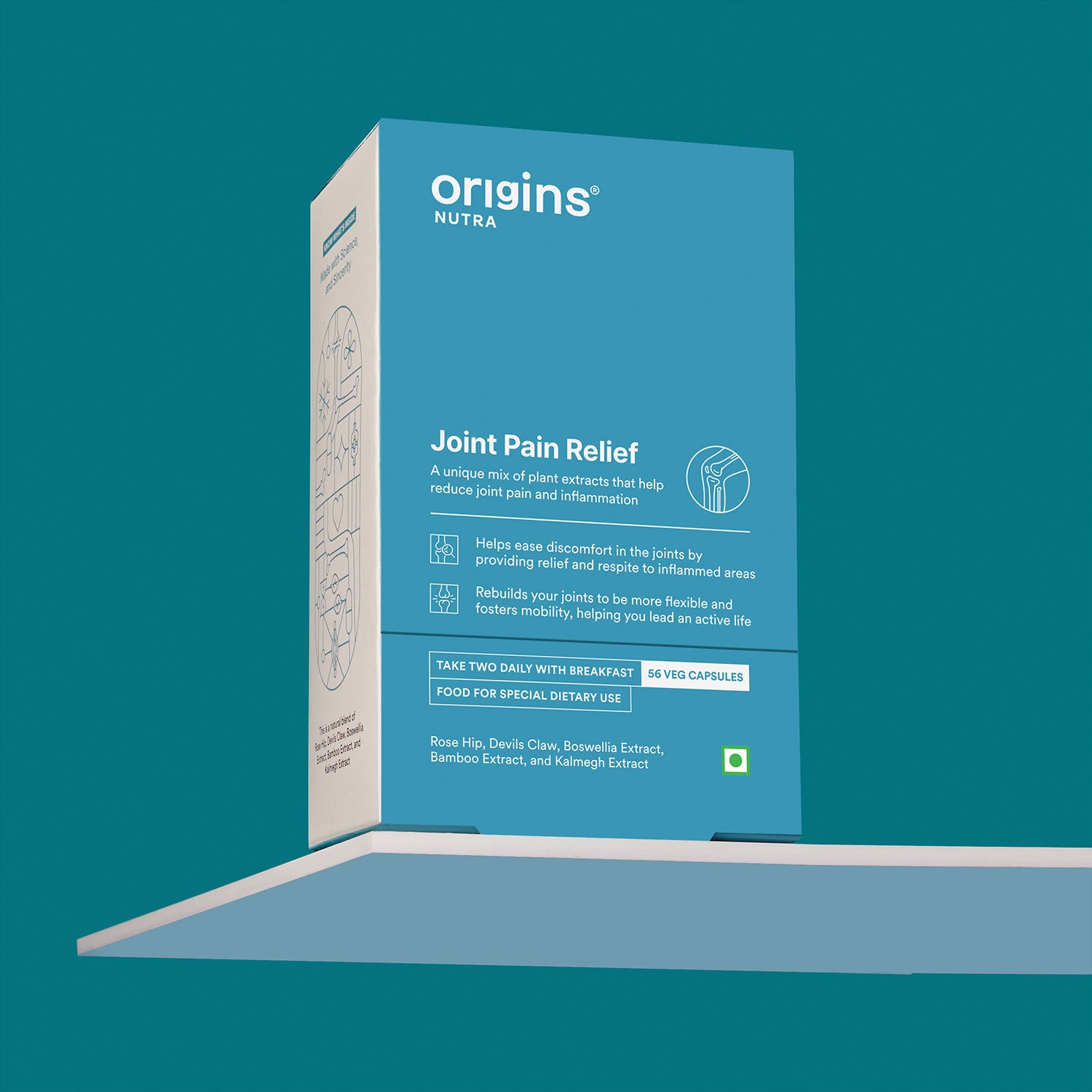
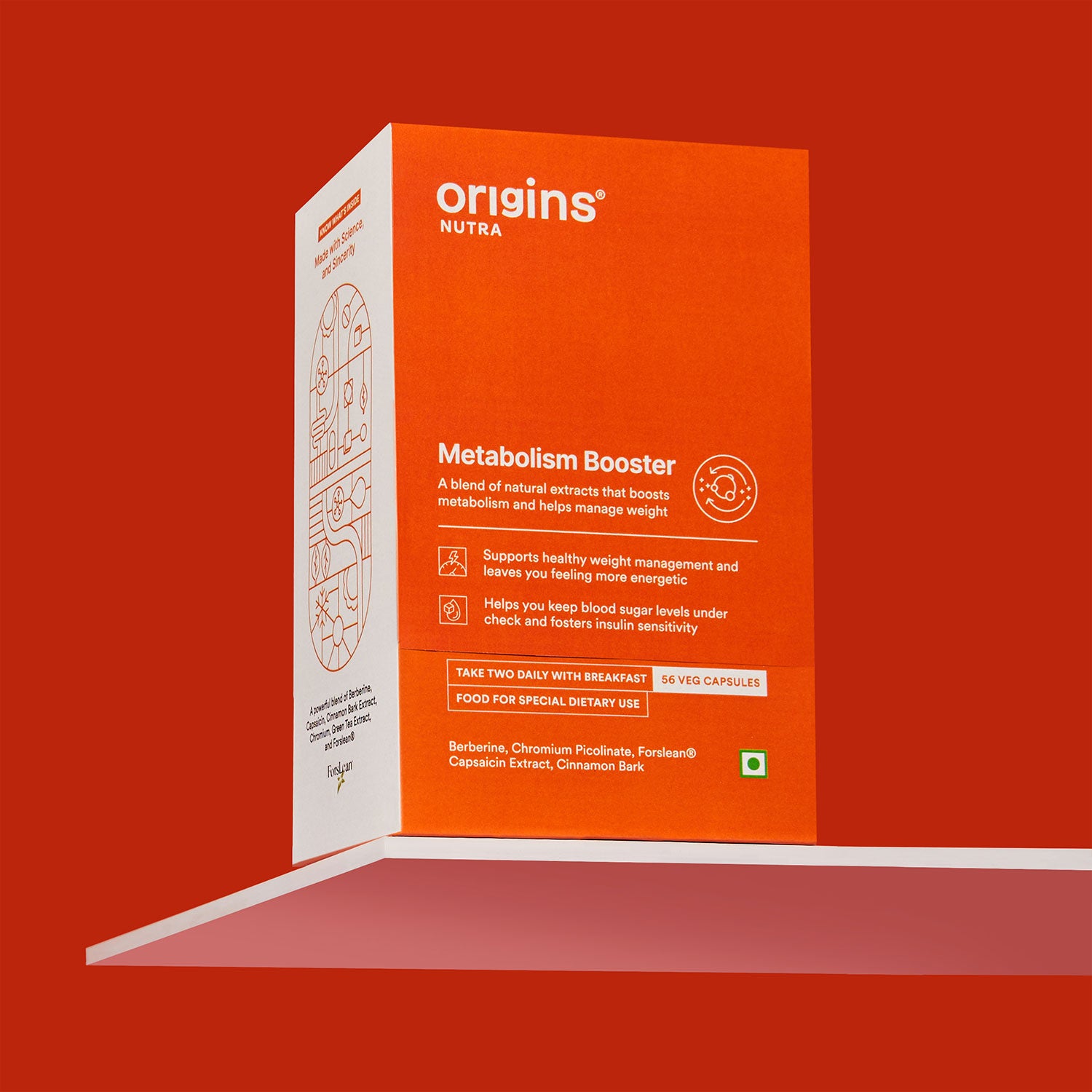
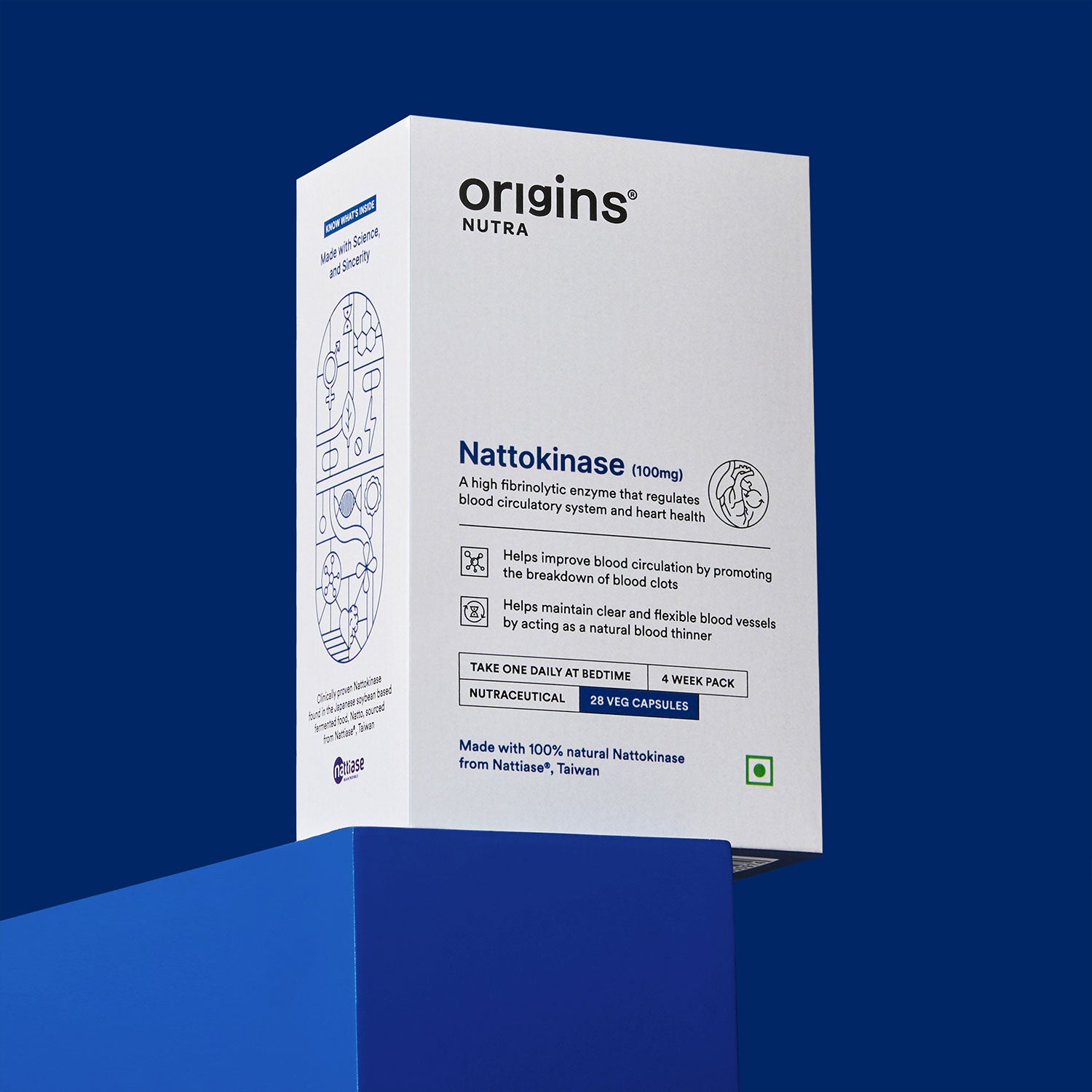
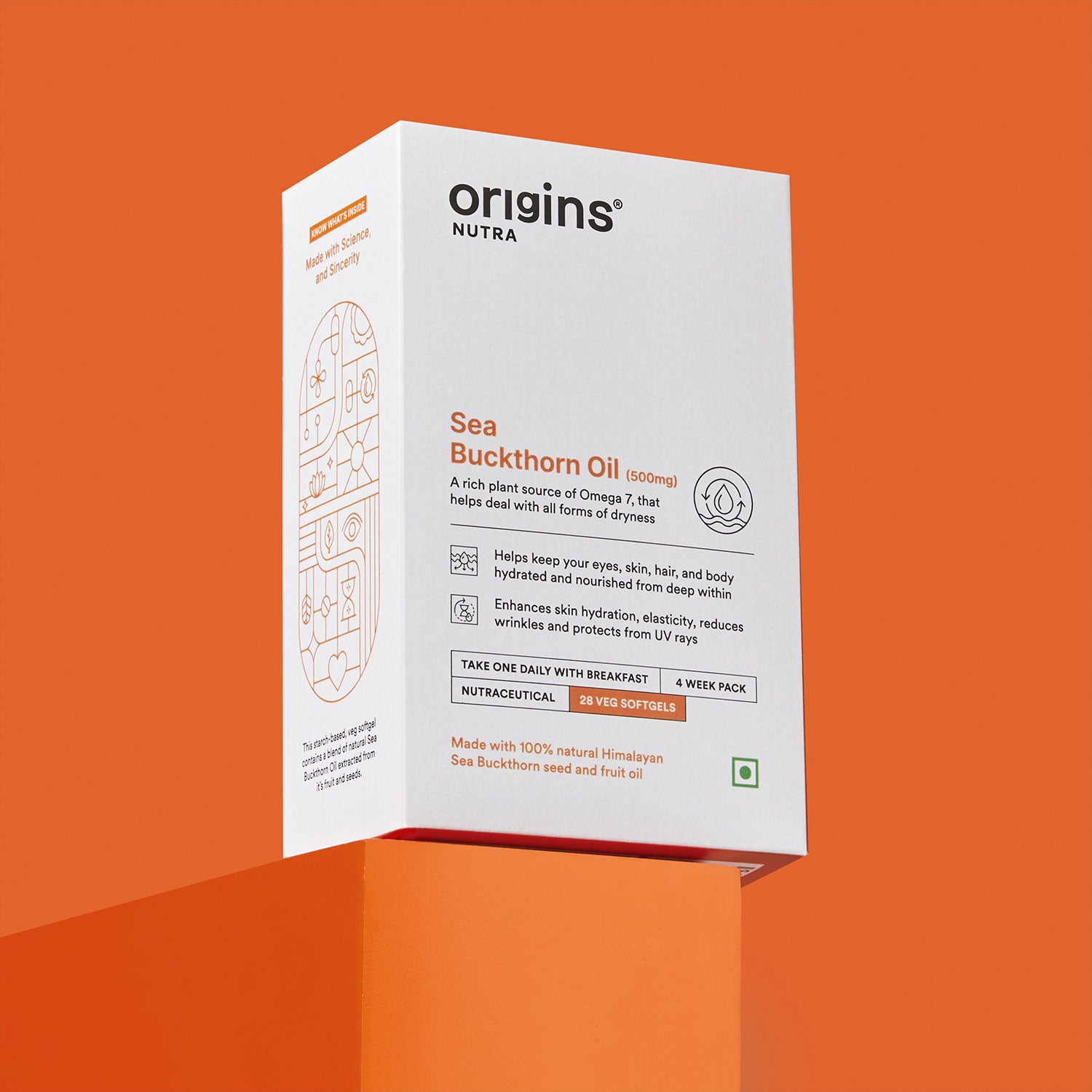
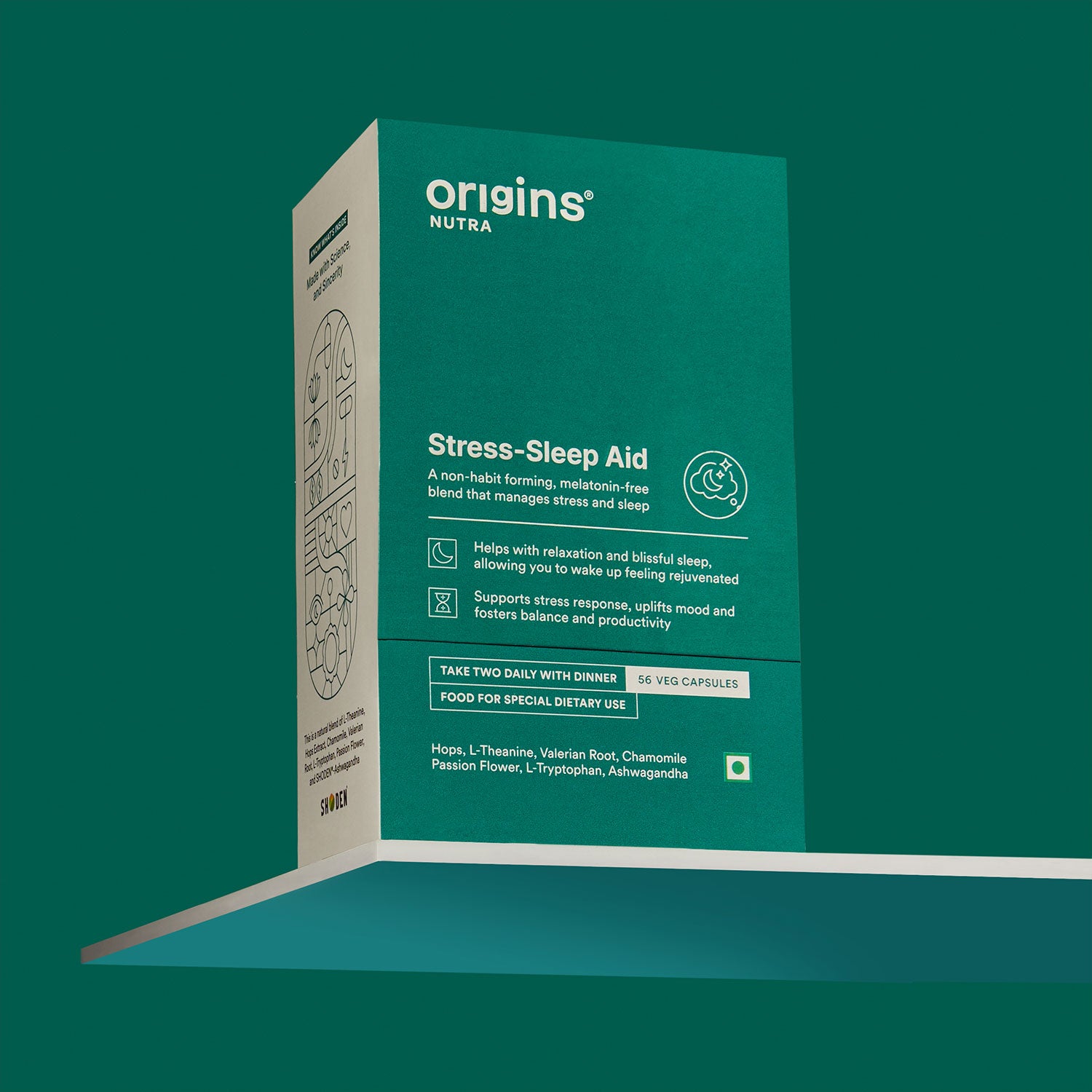
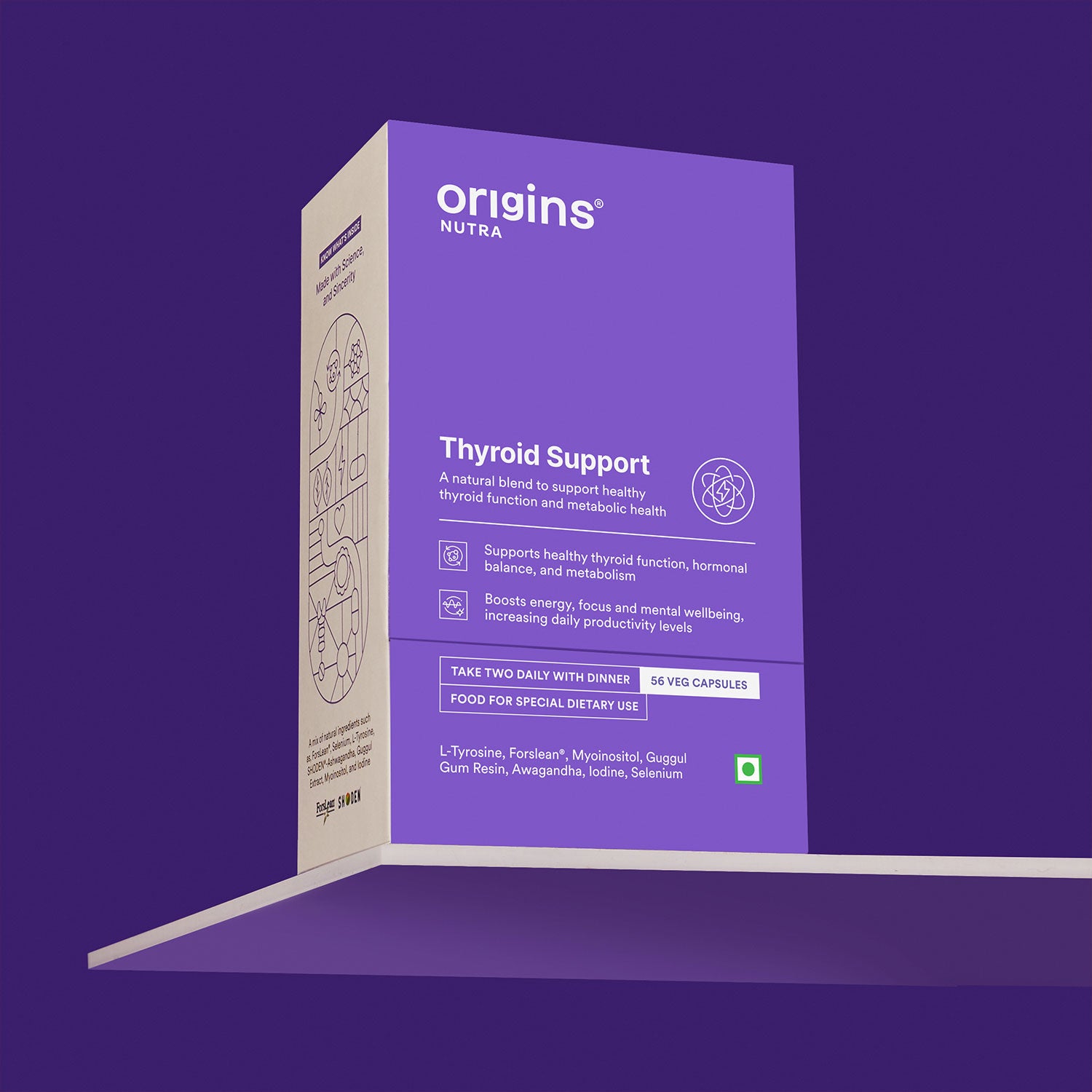
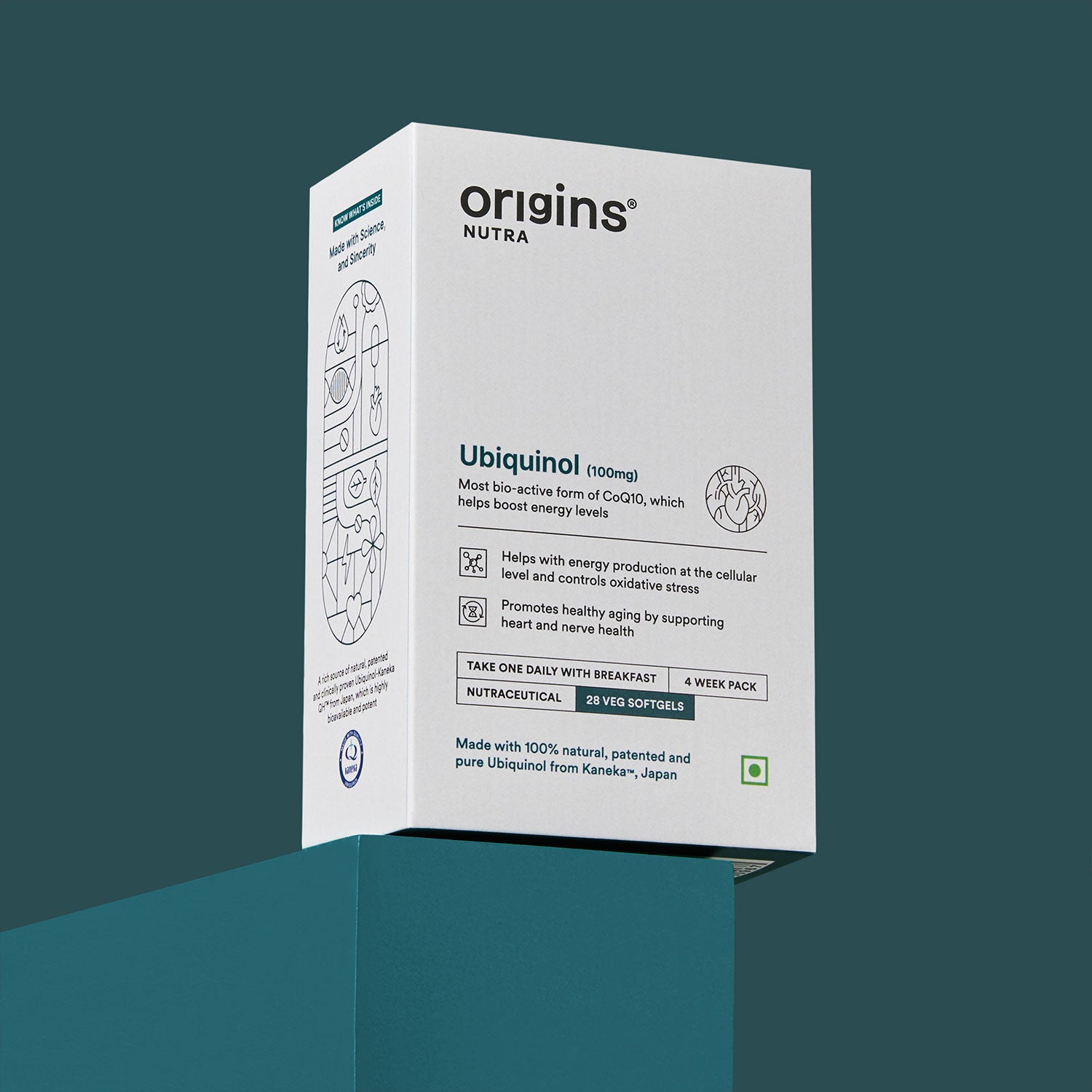




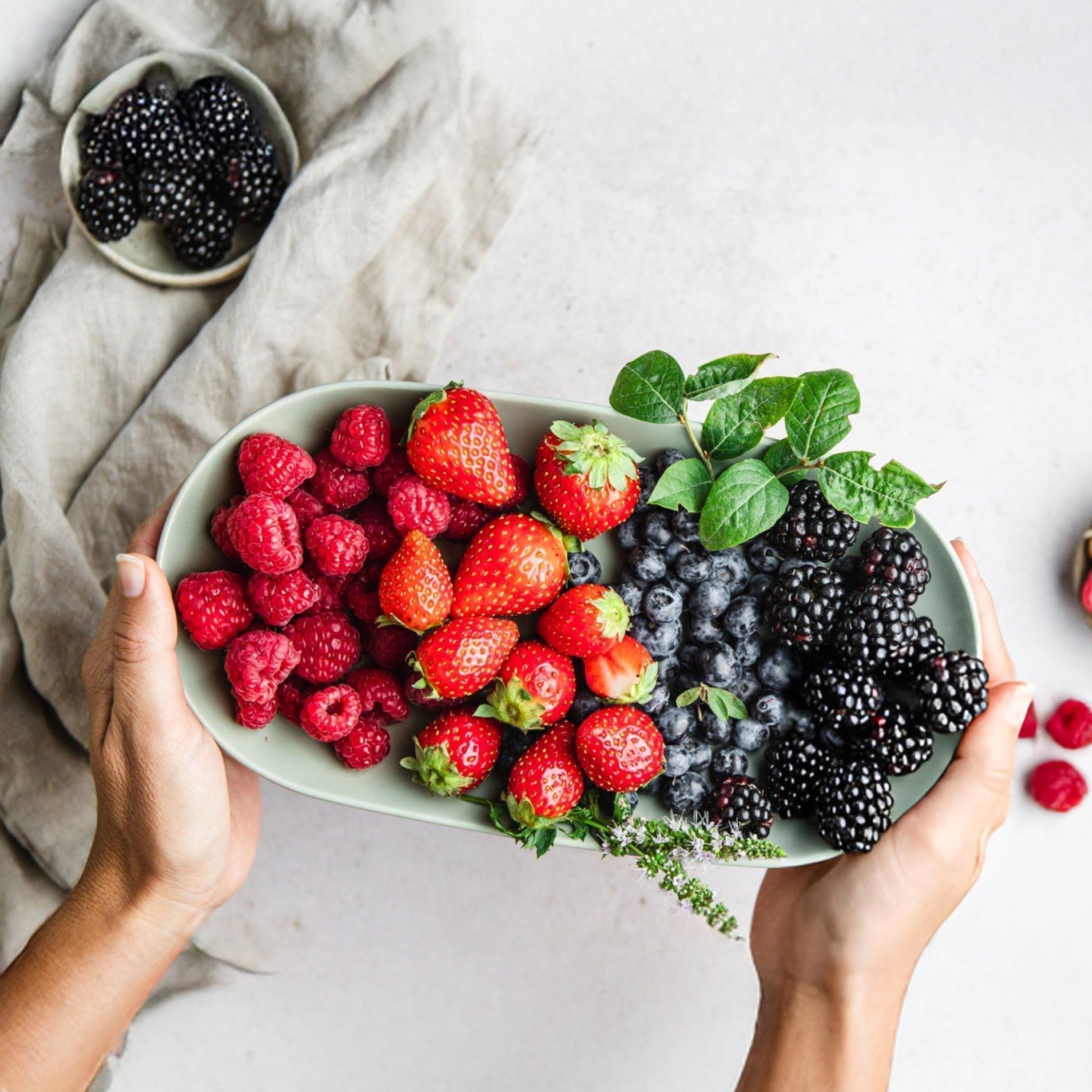
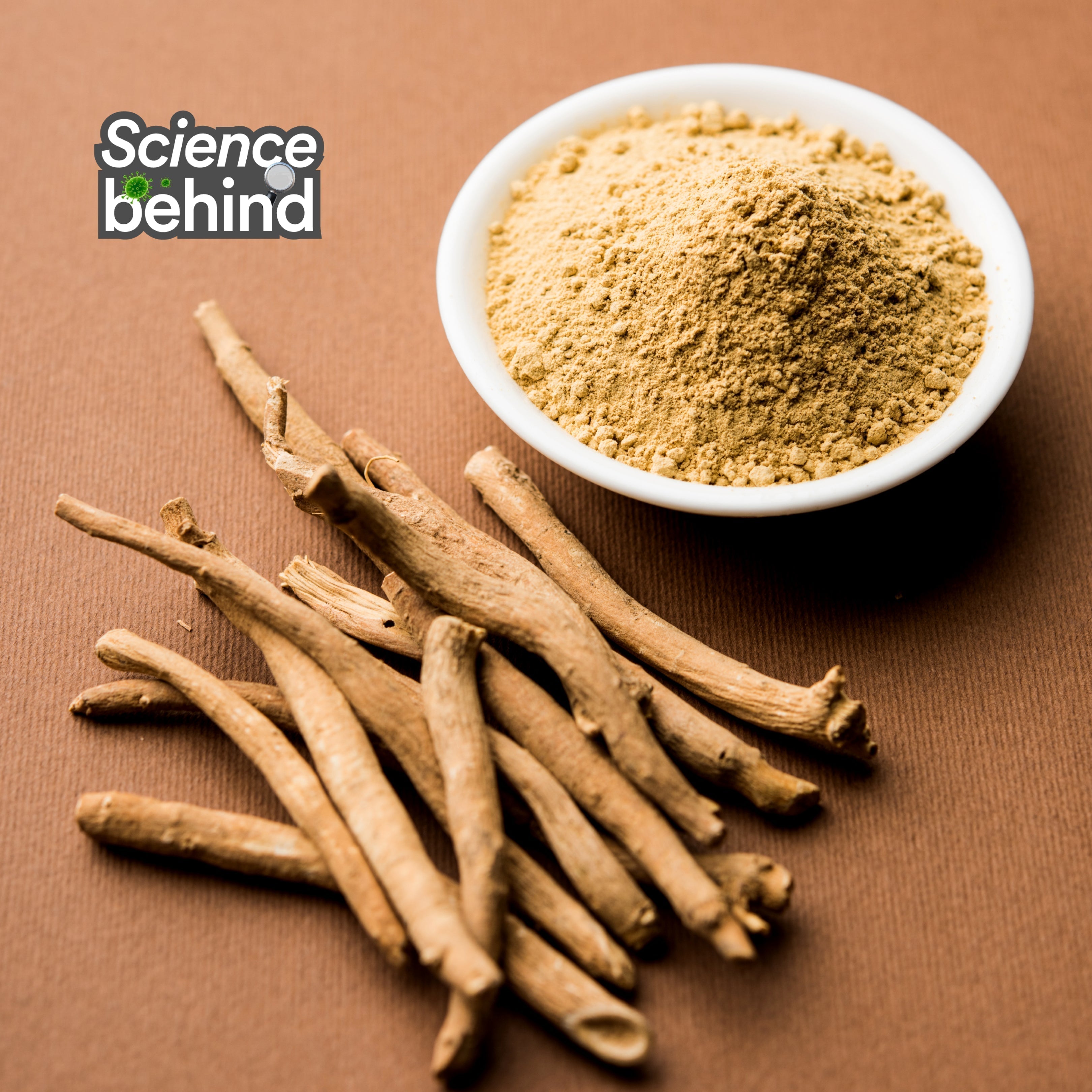




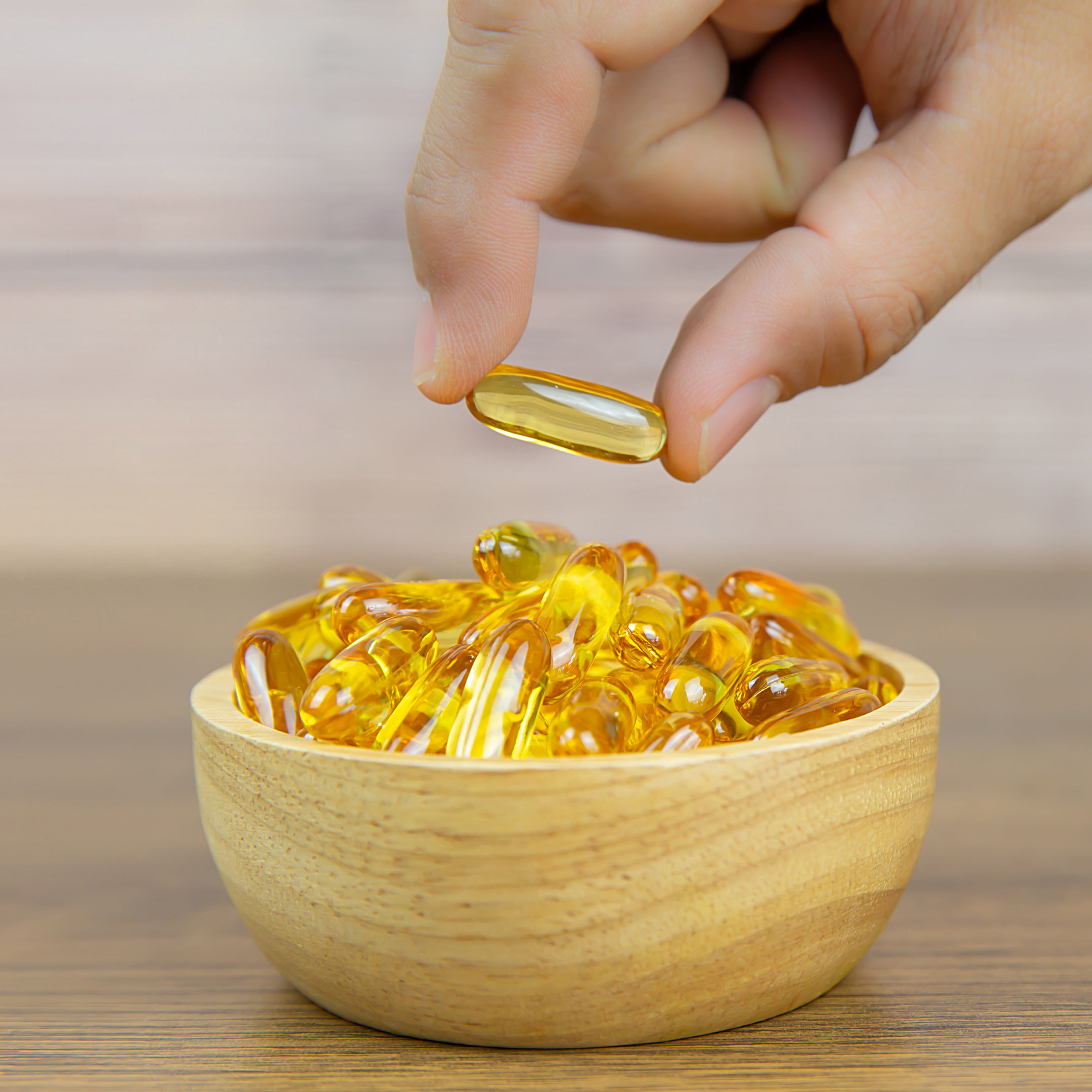


Leave a comment